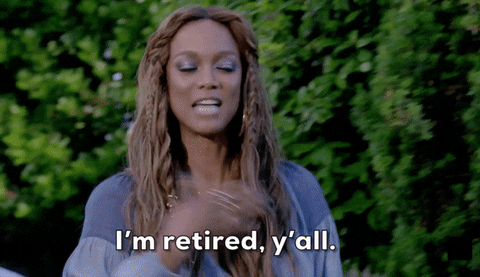It sucks when your friend takes off on a jet-set vacation, and you can't join because you've got bills to pay. Now imagine how it will feel when your friends retire earlier than you, just because they bought a house.
What's new: A new report by Mercer found that millennials who rent for the length of their careers will need to save 50% more of their income than their homeowning peers if they want to achieve "retirement readiness."
- Retirement readiness means there's a 75% chance you won't run out of money to fund your non-working years.
- According to Mercer, a lifelong renter who saves and invests 10% of a $60,000 per year salary each year after they turn 25 will reach retirement readiness by the time they are 68, while a homeowner would get there when they turn 65.
Why it’s happening: Homeowners typically have lower housing costs than renters as they near retirement, meaning they can get by on fewer savings than someone who has to pay rent every month.
- Owning a home can also give you more flexibility in retirement—if you downsize, for example, you might be able to generate a nice amount of extra cash.
Yes, but: There are some situations where being a renter can actually put you ahead, like this scenario where a renter invests a “down payment” into a well-diversified portfolio and continues to invest the equivalent carrying costs that a home would incur while paying rent every month.
- If home prices fall or only rise at a modest pace over your lifetime (we wouldn’t know what that’s like), that strategy can leave you better off than if you put all your money into a house.
Dig deeper: If you want to do the math to find out whether owning or renting is more financially advantageous for you use this handy calculator.
